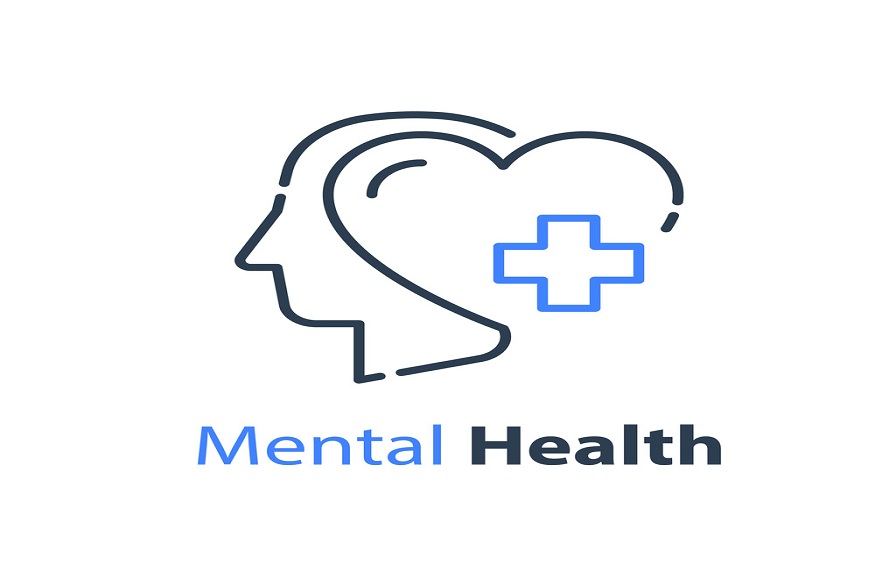Comprehensive mental health programs within healthcare organizations are necessary due to the growing recognition of mental health as a vital aspect of overall well-being. Leading a healthy life requires emphasizing the importance of mental health as this affects everything from behavior to feelings and thoughts.
Key Components of a Comprehensive Mental Health Program
A comprehensive mental health program incorporates several key components to address the complex nature of mental health challenges. Focusing on these components means hospitals and healthcare organizations can provide holistic care and support for individuals in need.
Mental Health Promotion and Prevention
A comprehensive mental health program is designed to promote mental wellbeing and prevent health problems from emerging. Achieving this involves generating greater awareness and diminishing the negative connotations surrounding mental health. Cultivating an inclusive and understanding atmosphere means individuals are encouraged to seek assistance whenever necessary.
Assessment and Diagnosis
Accurate assessment and diagnosis are fundamental to providing appropriate mental health care. Hospitals and healthcare organizations should implement screening and evaluation tools to identify potential mental health issues in individuals. This can involve the use of standardized questionnaires and interviews to assess symptoms and functioning.
Treatment and Intervention
After assessing an individual’s mental health needs, a comprehensive mental health program should provide personalized treatment plans. Health professionals can use evidence-based therapies like cognitive-behavioral therapy and medication management to address the particular condition and how serious it using personalized treatment plans.
Rehabilitation and Recovery
Rehabilitation and recovery are vital for individuals facing substantial mental health obstacles, as they assist in fostering independence and enhancing one’s overall quality of life. The primary aim of psychosocial rehabilitation is to enhance daily functioning, foster social skills, and cultivate vocational capabilities. These all-inclusive programs comprise various interventions including individual or group therapy, skills training, and aid in locating appropriate employment or housing.
Support Systems and Services
Accessible and affordable mental health services are essential for individuals seeking support. Comprehensive mental health programs within hospitals and healthcare organizations should prioritize providing a wide range of support systems and services.
Furthermore, interagency partnerships play a crucial role in comprehensive mental health programs. Collaborating with community organizations, government agencies, and beaviroal health management companies like Horizon Health, can help expand the reach of services and ensure a continuum of care for individuals transitioning between different care settings.
Implementing a Comprehensive Mental Health Program
Implementing a comprehensive mental health program requires careful planning and consideration. There is a need to conduct an extensive evaluation in order to identify the mental health requirements of the group and the resources necessary to address these properly.
Policy and legislative considerations are also crucial for supporting the implementation of a comprehensive mental health program. Advocating for mental health policies that prioritize prevention, early intervention, and accessible care can facilitate the establishment and sustainability of such programs.
Ensuring that healthcare professionals involved in delivering mental health services receive adequate training and capacity-building is crucial. This prioritization of continuous education and professional development opportunities guarantees that the workforce possesses the essential knowledge and skills required to deliver high-quality care.
Evaluation and monitoring are essential for gauging the success of a comprehensive mental health program. Regular monitoring of outcomes and patient satisfaction can identify areas for improvement and guide program development. Collecting and analyzing data allows hospitals and healthcare organizations to make informed decisions and optimize their mental health services.
Conclusion
Building a comprehensive mental health program is essential for hospitals and healthcare organizations committed to promoting mental well-being and providing holistic care. By incorporating key components means these programs can effectively address the complex nature of mental health issues.




